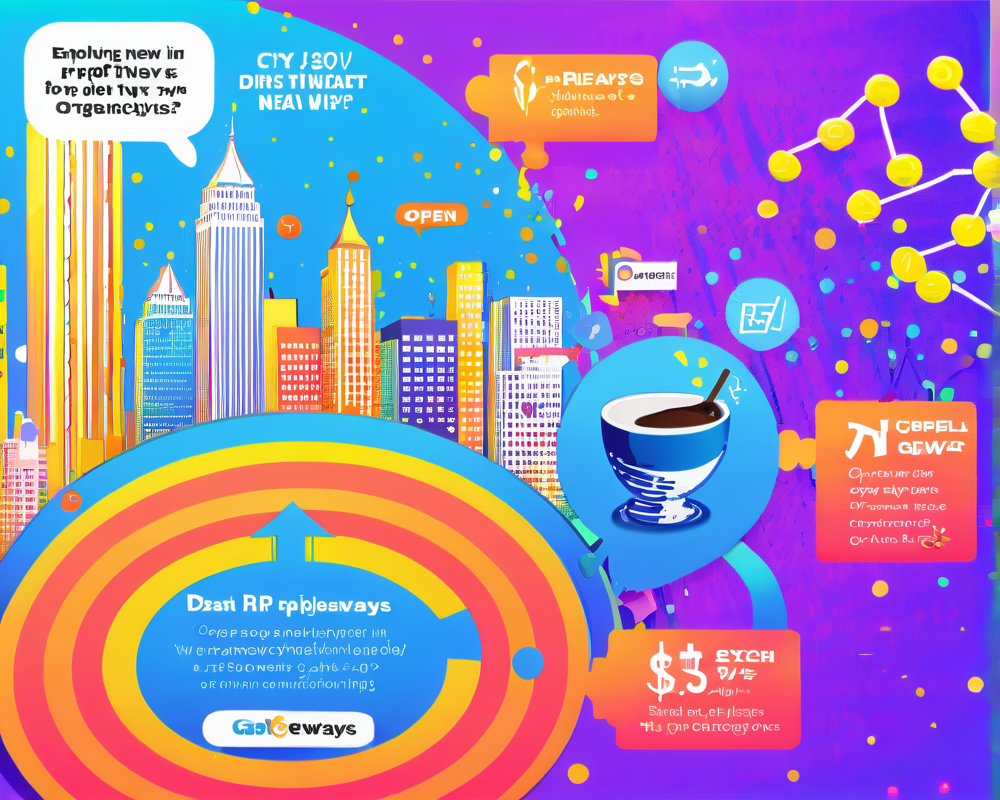Why Cloud Computing Matters
Cloud computing is the invisible backbone of the digital world, powering everything from our daily social media scroll to binge-watching our favorite shows. With its magic, the cloud allows us to store, manage, and process vast amounts of data without needing a secret lair filled with servers.
How Netflix Streams the World
Who hasn’t had a Netflix marathon? Behind the scenes, Netflix utilizes cloud computing to serve content to millions globally. By leveraging cloud servers, they ensure high quality and fast delivery, which is essential when you’re in the middle of a cliffhanger.
- Cloud Partner: Primarily uses Amazon Web Services (AWS) for storage and processing.
- CDNs: Content Delivery Networks help in reducing buffering by serving content from the closest location to you.
Slack: Teamwork Makes the Dream Work
If you’ve ever sent a message about meeting at 3 instead of 4, you know Slack. But did you know it operates entirely in the cloud? This handy tool offers seamless communication, making remote teamwork feel a little less like talking to a wall.
- Scalability: Can handle a high volume of messages and users without breaking a sweat.
- Reliability: Multiple data centers mean you can chat even during a data meltdown in one location.
Salesforce: A Friend to Businesses
Salesforce isn’t just a fancy name. It’s a beacon for businesses looking to manage relationships and data effectively. By using cloud computing, it provides user-friendly CRM solutions that make tracking sales and interactions a breeze.
- Infrastructure as a Service (IaaS): Built on platforms like AWS.
- Software as a Service (SaaS): Accessible from anywhere without heavy software installations.
- Mobile Access: Allows sales teams to check data on-the-go, making fieldwork less cumbersome.
Airbnb: Where Clouds Meet Comfort
When it comes to booking your next vacation spot, Airbnb’s cloud infrastructure works to serve real-time listings and availability. It’s like having a travel agent in your pocket, helping both guests and hosts indulge in easy booking experiences.
- Data Management: Efficiently handles property listings and customer preferences.
- Custom Recommendations: Tailors suggestions to improve guest experiences.
Uber: Driving Cloud Innovation
With Uber, ride-sharing is just a click away. They use cloud computing to manage everything from routing rides to payment processing, ensuring things don’t go haywire when you need a ride the most. Imagine being stranded because the server is down—no fun there!
Github: The Developer’s Cloud Playground
For coders, GitHub is more than just a repository; it’s a cloud-based haven for collaboration. It allows developers to work on projects seamlessly without the hassle of local setups, while also giving them the ability to deploy their code via cloud services.
The Next Evolution: Google Cloud
Google Cloud Platform is like making your dreams come true, for developers at least. It provides all the resources needed to build, deploy, and scale applications effortlessly, making it a go-to for tech enthusiasts and companies alike.
Cloud vs. Blockchain: The Final Verdict
While some might confuse the two, cloud computing and blockchain are as different as apples and oranges. Cloud computing serves up resources on-demand, while blockchain secures transactions in a distributed network. No, you don’t need a cloud to store your blockchain records!




